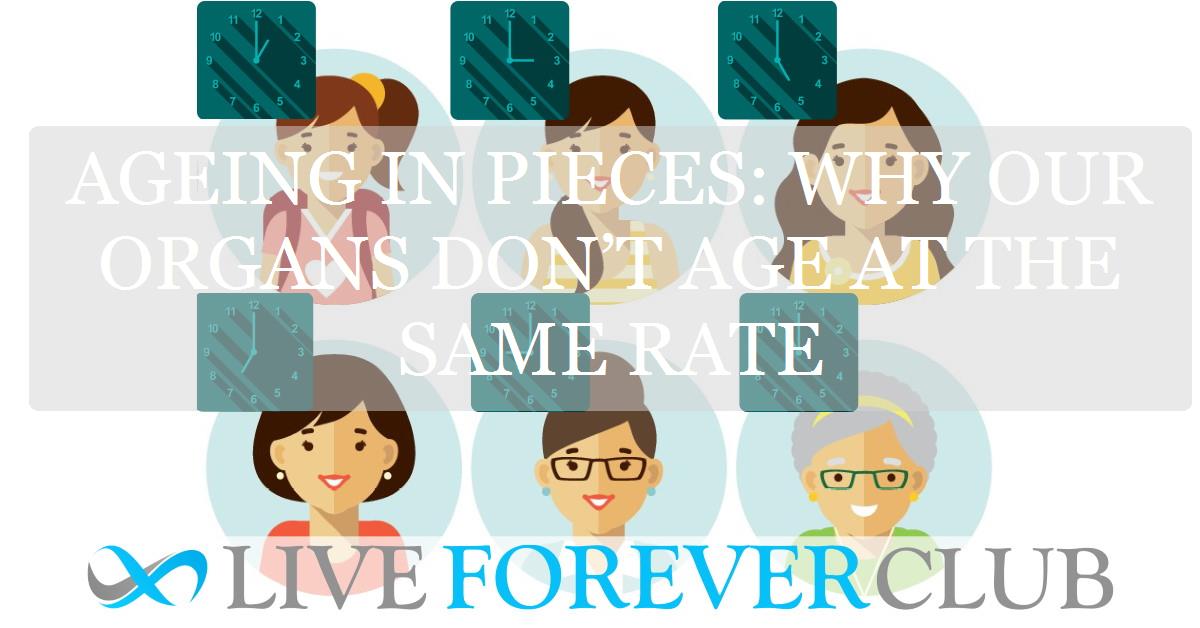Key points from article :
Scientists at Stanford University are redefining how we think about ageing. Research shows that while ageing was once thought to be a uniform decline across the body, it is far more complex and varies greatly between individuals and even among organs within the same person. Some organs age faster or slower, shaping our risks for diseases like heart failure or dementia. This discovery has led to a new concept called "organ ageing," where each organ has its unique biological age, independent of chronological age.
Using advanced molecular biology and blood analyses, researchers identified "ageotypes," or patterns of ageing unique to organs like the brain, heart, liver, and muscles. For instance, "heart agers" face higher risks of heart failure, while "brain youthers"—those with younger brains relative to their chronological age—have a significantly reduced risk of Alzheimer’s disease. Importantly, a youthful brain appears to play a key role in extending lifespan, making it a critical focus for longevity studies.
One of the most promising findings is that organ ageing can be influenced by lifestyle. Regular exercise, eating oily fish, and avoiding smoking and processed meats were linked to youthful organs. Hormonal factors, such as estrogen use in menopausal women, also showed potential to slow ageing in specific organs like the immune system and arteries.
The concept of "biological clocks" is growing, with scientists using machine learning to refine tools that estimate biological age for different organs. While these methods are still under development, future blood tests may provide insights into which organs are ageing faster and how to slow the process. This personalized approach to ageing could lead to targeted health strategies, offering hope that we can partially control how we age.
By understanding our unique ageing patterns, we could make informed lifestyle choices to not only live longer but also healthier lives.






